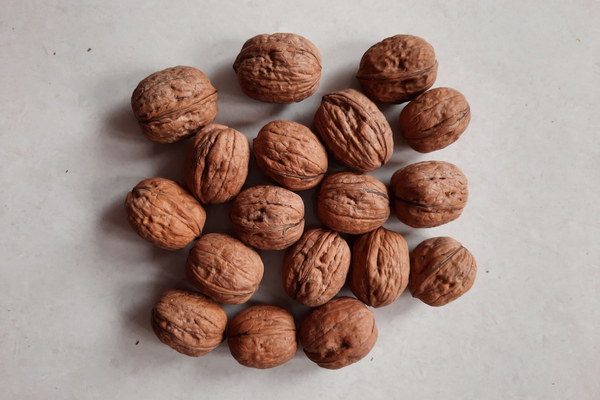Cabbage A Natural Remedy for Excess Dampness in Traditional Chinese Medicine
Cabbage: A Natural Remedy for Excess Dampness in Traditional Chinese Medicine
In the realm of traditional Chinese medicine (TCM), the concept of dampness is a common imbalance that can manifest in various health issues. Dampness is believed to be a result of an excess of moisture in the body, which can lead to symptoms such as fatigue, weight gain, bloating, and digestive problems. One of the most natural and effective ways to combat dampness is through the consumption of certain foods, and one such food is cabbage. This versatile vegetable has been used for centuries in TCM to aid in the elimination of dampness and to promote overall health.

Understanding Dampness in TCM
In TCM, dampness is considered a vital substance that is necessary for the body's functions, but when it becomes excessive, it can lead to a variety of problems. The theory is that dampness can be caused by an overindulgence in cold, raw, or sugary foods, as well as by living in a damp environment or by not exercising enough. When dampness accumulates in the body, it can block the flow of Qi (vital energy), leading to the aforementioned symptoms.
Cabbage as a Dampness Remedy
Cabbage is a powerhouse of nutrients that can help alleviate dampness in the body. It is rich in vitamins C and K, fiber, and antioxidants, all of which contribute to its health benefits. Here's how cabbage can help:
1. Detoxification: Cabbage is known for its diuretic properties, which can help the body expel excess fluid and reduce dampness. It also contains sulfur, which is believed to aid in the detoxification process.
2. Digestive Health: The fiber in cabbage helps to regulate bowel movements and can prevent constipation, which is often associated with dampness in TCM.
3. Immune Support: Vitamin C, found in abundance in cabbage, strengthens the immune system, which is crucial for combating dampness-related imbalances.
4. Blood Circulation: Cabbage contains iron, which is essential for maintaining healthy blood circulation. Proper circulation can help in the elimination of dampness.
How to Incorporate Cabbage into Your Diet
Adding cabbage to your diet is quite simple and can be done in a variety of ways:
- Raw: Enjoy raw cabbage in salads or as a side dish. The crunchiness of the leaves and the tangy taste can be quite refreshing.
- Cooked: Steam, sauté, or stir-fry cabbage to retain its nutrients. It pairs well with garlic, ginger, and other spices that can enhance its flavor.
- Fermented: Fermented cabbage, such as sauerkraut, is another excellent way to consume cabbage. Fermentation not only adds to its flavor but also increases its nutritional value.
Recipes for Dampness-Relieving Cabbage Dishes
1. Cabbage and Garlic Stir-Fry: Stir-fry thinly sliced cabbage with minced garlic, ginger, and a touch of soy sauce. Serve as a side dish or over brown rice.
2. Cabbage Soup: Simmer cabbage, carrots, celery, onions, and tomatoes in chicken or vegetable broth. Season with herbs and spices like thyme, rosemary, and bay leaves.
3. Sauerkraut and Apple Slaw: Mix shredded sauerkraut with diced apples, a sprinkle of caraway seeds, and a light dressing of olive oil and apple cider vinegar.
Conclusion
Cabbage is a valuable addition to a TCM-inspired diet aimed at balancing dampness in the body. By incorporating this versatile vegetable into your meals, you can support your digestive health, boost your immune system, and promote overall well-being. Remember, while cabbage can be a natural remedy for dampness, it's always best to consult with a TCM practitioner for a personalized treatment plan.









